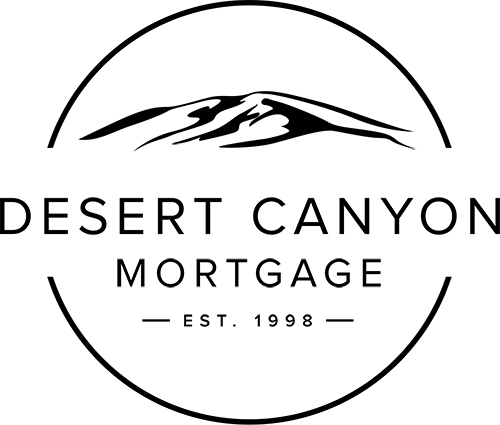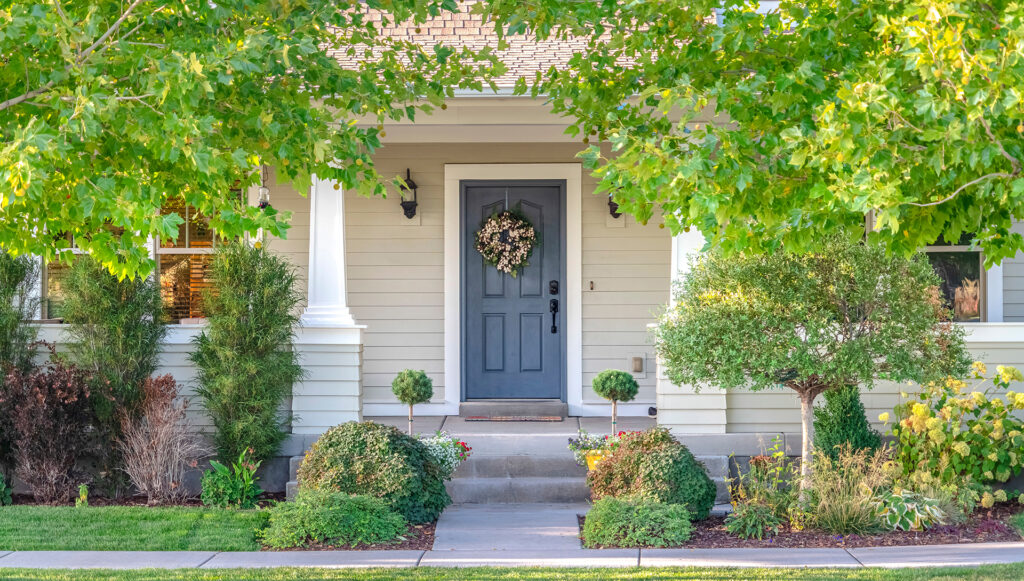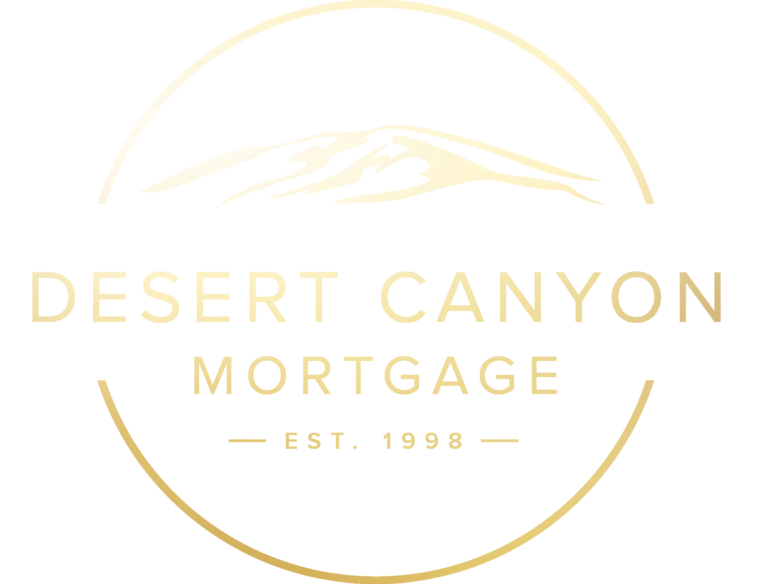
Reverse Mortgage Loans
What is a Reverse Mortgage?
A reverse mortgage is when a homeowner who already owns their home chooses to take out a loan against their home using their equity. Most homeowners who will benefit from a reverse mortgage are seniors with a large sum of their net worth wrapped up in their home’s equity. Unfortunately, home equity cannot be used as cash unless one sells the house; that’s where a reverse mortgage comes to play.

Benefits of a Reverse Mortgage?
Seniors often choose a reverse mortgage because it gives them flexible cash to use. Whether they want to use it to supplement limited incomes, diversify their investments, or pay off debt, they can essentially trade in their home equity for cash, either as a lump sum or in payments.
The primary benefit of a reverse mortgage is that it does not have loan payments, only tax & insurance payments when they come due. Interest accrues over the life of the loan but is not required to be paid until the loan is paid. The entire loan balance becomes due and payable when the borrower passes away, moves out of the home permanently, or sells the property. The balance is simply taken out of the profit of the sale.
In addition, reverse mortgage proceeds are not taxable. The Internal Revenue Service considers them a loan advance, so even though it may feel like income, it technically isn’t!
Reverse Mortgage Loan Characteristics
Loan Options: There are fixed rate or adjustable rate options in loan terms based on your specific goals and needs. There isn’t a yearly term as the loan isn’t amortized – the loan will remain active until a maturity event takes place.
Property/Residency Types: Reverse mortgages are solely for primary residences and the borrower must remain in the home the entirety of the loan.
Closing Costs: There are closing costs and fees required but they may be financed in the loan amount rather than paid in cash.
Counseling: To ensure that participants fully understand the pros and cons of a reverse mortgage, the U.S. Department of Housing and Urban Development (HUD) require homeowners to complete a HUD-approved counseling session.
Payments: No monthly loan payment is required but taxes and insurance are the borrower’s responsibility.
Payoff: When the loan comes due, the entire loan balance is taken from the sale of the property. If the balance is more than the value of the property, the bank will only require to be paid what the property is worth and sold for.
Ideal Candidates for a Refinance
Borrower: A borrower that is 62 or older that is hoping to access equity in their home and omit future monthly mortgage payments.
Credit score: There is no minimum credit requirement. The lender will review the credit report and history to determine qualification, but there is no minimum score.
Is a Reverse Mortgage Loan Right for You?
If you’re thinking of reverse mortgage loan, the first thing you should do is talk to a lender about your options. At Desert Canyon Mortgage, we offer free, no obligation pre-approvals and price quotes, and we are happy to sit down with you to go over all considerations and make sure a home refinance is the right option for you.


